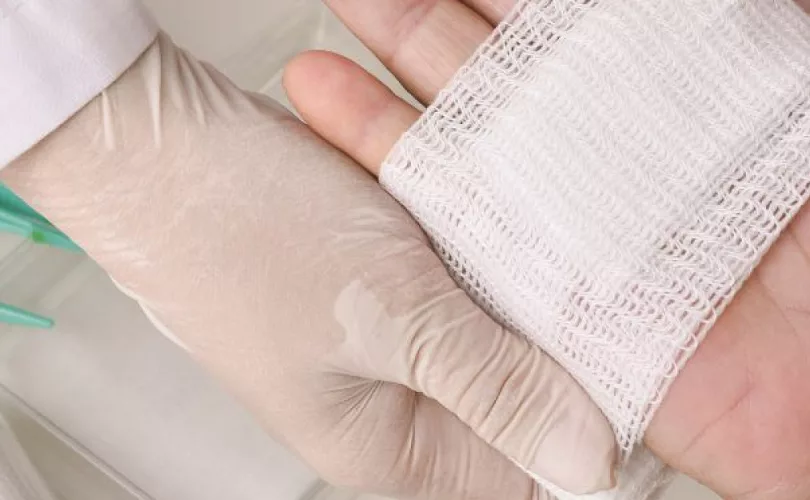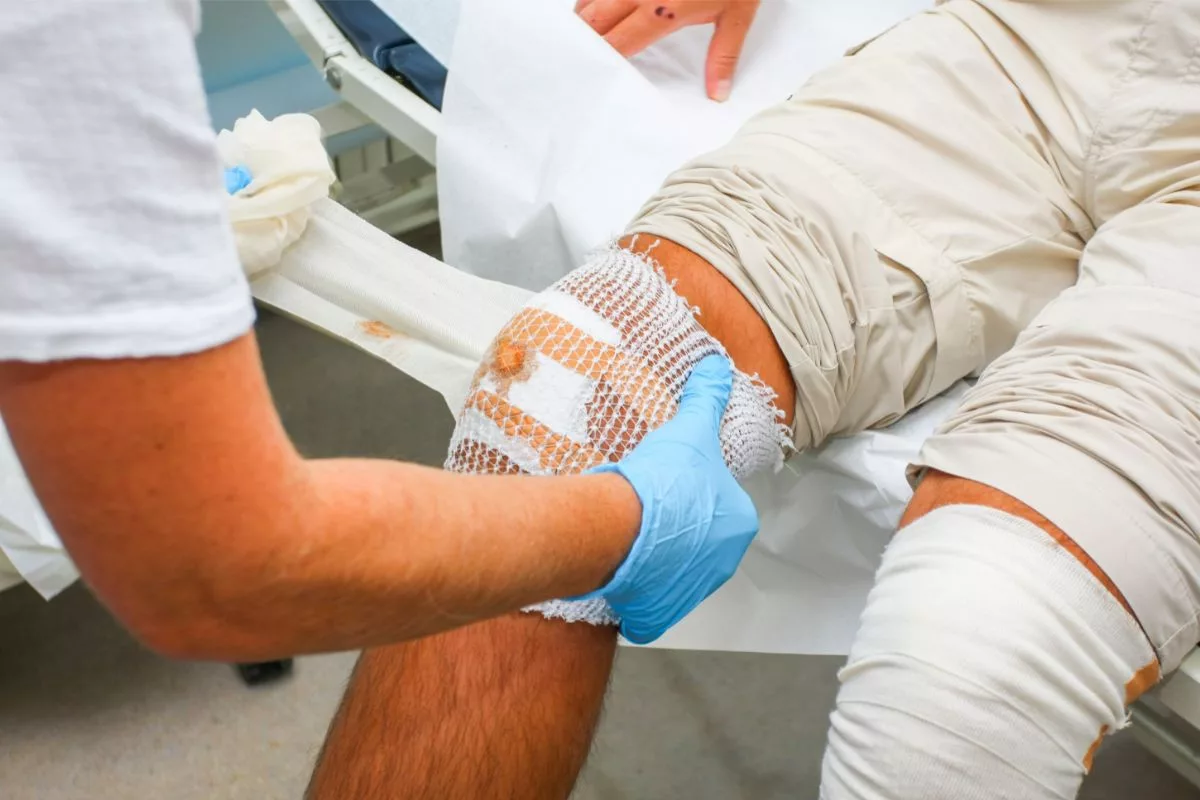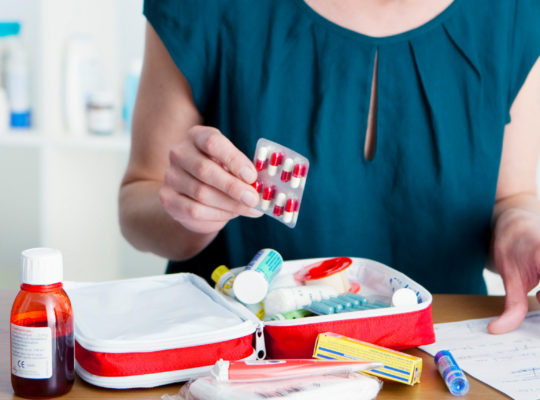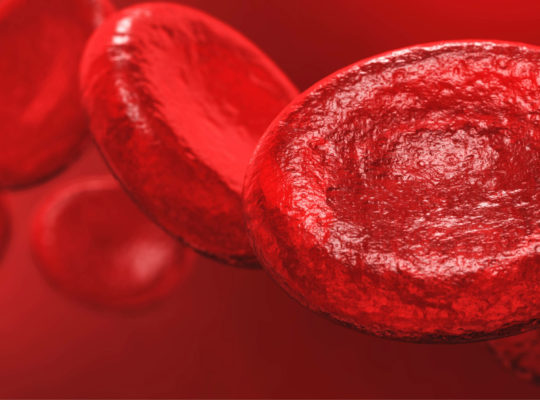Recovering after surgery can be challenging for many individuals. Patients often experience discomfort, limited mobility, and anxiety over the healing process. A major concern is whether they are taking the right steps to support their body’s recovery and avoid complications.
Did you know that studies show proper post-surgery care can reduce recovery time by up to 50%? This emphasizes how crucial it is to follow the right procedures during this critical phase.
In this guide, we’ll walk you through practical steps and strategies to speed up recovery, minimize discomfort, and improve your overall healing experience. Whether you’re recovering from minor or major surgery, we have the answers you need.
Aiding Post-Surgery Recovery
While there are many things you can do to enable proper healing after a surgery, there are some that are more likely to increase the speed of general recovery far more efficiently than others.
1. Good Wound Care
First and foremost, the best way to speed up your post-surgery recovery is to take care of your wound in the right way.
This means ensuring cleanliness of the wound, regularly changing the dressings properly, and being careful not to interfere with the stitches or any scabbing that might form on the operated area.
Perhaps the most important element of this whole thing is cleanliness, and ensuring that you are regularly washing the wound with clean water (or saline if you have access to it), using unscented gentle soap to remove bacteria, and using antibacterial ointments to avoid infection and aid recovery.
2. Inspecting The Incision
You also need to keep a good eye on the incision itself, and learn the warning signs of an infection.
This will ensure you stand a better chance at healing quickly and properly, and that you can get medical attention more promptly should infection strike.
The signs of an infected incision can include:
- Fever
- Malaise (weakness, sluggishness)
- Hot incision area (to the touch)
- Unnatural amounts of pain
- Swollen, hard skin around incision
- Redness
- Pus
- Raised skin
Checking for these symptoms, and knowing what to look out for in the first place, stands you in greater stead for getting timely medical treatment, fighting the infection, and getting back on the road to recovery.
3. Good nutrition
Keeping nutritionally balanced is another handy method of improving and expediting post-surgery recovery, and this means consuming beneficial, healthy food, and avoiding things like processed, fast food, alcohol, and other harmful substances like tobacco.
These substances have been shown to actively hinder the recovery process, dampening the very bodily functions needed to heal wounds and trauma.
However, by consuming foods that are high in protein, healthy fats, nutrients, and vitamins, you too can improve your overall health, encourage healing, and speed up your post-surgery recovery.
4. Cough/Sneeze Carefully
Whenever you have any kind of surgery – be it invasive or non-invasive – it is important not to burst your stitches.
This means that you need to be incredibly careful when coughing or sneezing – both of which have been shown to burst stitches, especially when they are on the abdomen.
This means trying to minimize risk of illness, avoiding excessive dust and aerosols, and taking allergy medicine if you are prone to things like hayfever.
5. Manage Pain
With any injury – even that which has been repaired with surgery – it is important to properly manage pain when you feel it.
Luckily, there are all manner of over the counter pain medications that can be taken safely at semi-regular intervals throughout the day.
This can be a good way of making you feel more relaxed, comfortable, and less likely to experience stress caused by pain.
With pain relief, you will also probably stand a better chance of sleeping through the night – something that is also beneficial for all round health and wellbeing.
6. Avoid Strenuous Activity
Lastly, it is also important to avoid strenuous activity – especially if it means further injuring the specific area that was operated on.
This means that heavy lifting at the gym is off limits – as is strenuous, contact sports, or those that can cause pulls and tears to the stitches and the still healing wound, such as running and athletics.
If you are exercise minded, then you could always ask your doctor for some recommended exercises you can do at home – exercises that will help ease you back into fitness without compromising your recovery.
Another healthy and largely beneficial form of exercise is walking – and this is something that most people can safely do without causing themselves undue damage or stress (unless the wound is on the legs or feet).
This can be a great way of raising your heart rate, exercising your legs and joints, and taking beneficial exercise that can aid recovery.
7. Do Your Surgery Follow-up Appointments
Attending your follow-up appointments is a key part of your recovery process. Even if you feel like you’re healing well, these check-ups allow your doctor to assess how you’re progressing, spot any early signs of complications, and adjust your treatment as needed.
Your first appointment usually happens a day or two after surgery, with further visits scheduled as necessary.
Continue to go to these appointments until your doctor gives you the final clearance, as this ensures that your recovery is on track.
8. Prevent Infection
Taking steps to prevent infection is crucial for a smooth recovery. Follow the wound care instructions provided by your surgeon closely.
This typically includes cleaning the area with mild soap and water, regularly changing dressings, and avoiding soaking the wound in water. It’s important to keep an eye out for any signs of infection like pain, swelling, redness, fever, or discharge.
If you notice any of these symptoms, contact your healthcare provider right away. Make sure to wash your hands thoroughly before touching your wound or changing dressings to reduce the risk of introducing bacteria.
Final Thoughts
And there we have it, everything you need to know about post-surgery healing, and the best methods to ensure a speedy recovery back to normal.
It’s true that, at some point in our lives, most of us will encounter the need for some kind of surgery, and while this can be daunting, it can be made a lot easier with the proper know-how and lifestyle skills.
So if you want to learn how to improve more quickly after surgery, then be sure to give these handy methods a try!
FAQs
Why Is It Important to Move Around After Surgery?
Moving after surgery improves circulation, which helps deliver nutrients to the healing area and reduces risks like blood clots and pneumonia. It’s important to follow your doctor’s instructions to ensure that your movements are safe and won’t interfere with your recovery process.
What Should I Do If I Experience Pain After Surgery?
Managing pain after surgery is important for recovery. Follow your doctor’s pain medication plan carefully. If pain worsens or doesn’t improve, contact your healthcare provider to discuss adjustments or alternative treatments for better control.
What Are Common Mistakes That Can Slow Down Recovery?
Common recovery mistakes include overexertion, staying in bed too long, skipping medications or rehab, and returning to normal activities too early. These actions can lead to setbacks, complications, and slower healing. Follow your doctor’s advice for a smoother recovery.
How Long Should I Expect My Recovery to Take?
Recovery time depends on the type of surgery and individual health. Your doctor will give you a specific recovery timeline based on your condition and procedure, so it’s important to follow that guidance for a safe and successful healing process.








